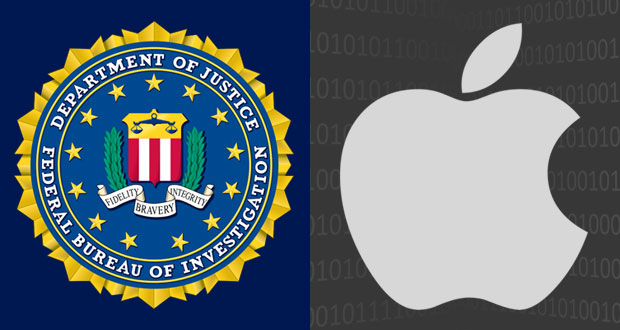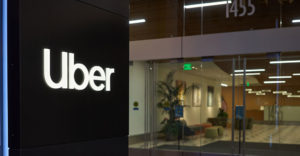A federal magistrate judge on Monday ruled that Apple did not have to unlock an encrypted iPhone used in a federal drug case.
The ruling gave the company a key victory against the Department of Justice in the midst of a legal struggle over an FBI request that the encrypted phone of one of the suspected shooters in the San Bernardino, California, massacre also be unlocked.
Federal Magistrate Judge James Orenstein ruled that the government failed to prove that it had the power under an 18th century law called the “All Writs Act” to force Apple to unlock the phone of the drug dealer.
Following a U.S. Drug Enforcement Agency search and seizure of mobile devices belonging to an alleged dealer — a New York man named Jun Feng — in June 2014, the government spent more than a year not doing anything to pursue what evidence there was on his phone, until getting a warrant in July 2015, the court noted.
The DEA was not able to get the information and sought help from the FBI, which was unable to get evidence off the password-protected device. They sought Apple’s help two weeks after the expiration of the device warrant, and Apple said it would help if the government obtained a court order, consistent with its practice in 70 other instances.
Feng pleaded guilty in October. However, the government continued the request while it was pursuing additional evidence prior to sentencing and potentially to uncover evidence in related cases of coconspirators, according to court documents.
Apple last month filed documents seeking a review of the repeated requests by the government to unlock encrypted phones under the All Writs Act.
Privacy Victory
“This is a victory for privacy, security and common sense. The government should not be able to run to court to get the surveillance power that Congress has deliberately kept from it,”American Civil Liberties Union lawyer Alex Abdo said.
“The future of digital privacy also hangs in the balance,” he added.
TheElectronic Frontier Foundation was pleased by the decision, EFF Executive Director Cindy Cohn said, noting that the operating system involved in the New York case is an older version than the phone at issue in the San Bernardino attack.
“The judge decided that federal agents can’t try to get a court to do something that Congress has considered but not allowed the government to demand — specifically that companies like Apple do not have to help the government bypass the security they have built into devices,” she told TechNewsWorld.
The court rejected the argument that the government is only seeking Apple’s compliance on one device, Cohn noted, citing a statement in the decision that “the burdens the government seeks to impose on Apple under the authority of the All Writs Act are not nearly so limited.”
A dozen other cases with similar demands are pending in federal courts across the country, she added.
The EFF, along with the ACLU, is supporting Apple in the New York case and in its challenge to the federal court order to unlock an encrypted phone in the San Bernardino investigation, Cohn said.
While the New York ruling will not impact the California case directly, it may prove to be persuasive and the EFF was pleased that the court found the government request “overreaching and inappropriate,” she said.
Congressional Showdown
Federal and local law enforcement officials and Apple executives are scheduled to testify before Congress on Tuesday over whether the company should be forced to provide technology to unlock iPhones in national security and criminal cases.
“The FBI is asking Apple to weaken the security of our products,” according to prepared remarks for the hearing by Bruce Sewell, general counsel at Apple. “Hackers and cybercriminals could use this to wreak havoc on our privacy and personal safety. It would set a dangerous precedent for government intrusion on the privacy and safety of its citizens.”
The U.S. Attorney’s Office in Brooklyn declined to comment on the ruling, spokesperson Nellin McIntosh said. A spokesperson for Apple was not immediately available.





















































